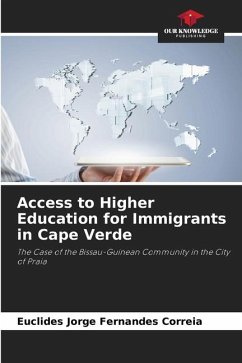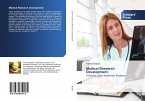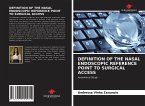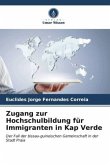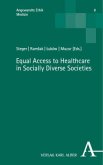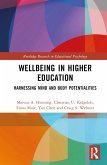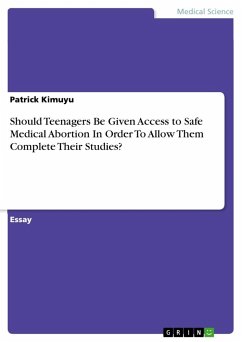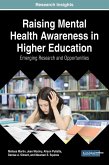Since 2008, there has been a diversified increase in the university population in Cape Verde due to the presence of immigrants from the countries of the Economic Community of West African States (ECOWAS), Bissau-Guineans. Most of them come from families with low cultural and economic capital. This last factor leads to the existence of certain barriers (linguistic, cultural, curricular and financial) that limit access to higher education. Therefore, the issue of access cannot only be seen from an economic and financial perspective; we need to focus on the "democratization of society" and the "deepening of social justice". The country and its higher education institutions do not have an active affirmative action policy, which has been an "obstacle" for Bissau-Guineans in accessing this level of education. The study aims to get to know the physiognomy of Cape Verdean higher education in the African panorama (its (im)potential and its challenges); to identify the barriers encounteredin accessing this level of education and their attitudes towards higher education policies.
Bitte wählen Sie Ihr Anliegen aus.
Rechnungen
Retourenschein anfordern
Bestellstatus
Storno

